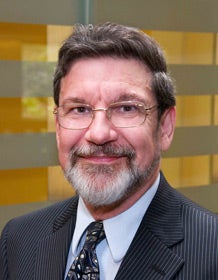Abstract
This article, written for a conference on "The Scandal of Political Corruption and the Law’s Response," examines some institutional mechanisms (such as open-meetings laws and term limits) that are intended to prevent corruption and others (such as independent counsels, special prosecutors, and ethics commissions) that seek to punish corruption after the fact. The article assesses some of the legal and practical constraints of these devices and, relying on the insights of Durkheim and other social scientists, asks whether some minimum level of corruption might serve the function of helping to define and reinforce social norms and values.
Keywords
Corruption, Political corruption, Open meeting laws, Constitutional law, First Amendment, Term limits, Prosecution of corrupt officials, Independent Counsel, State ethics commissions, Durkheim
Publication Date
2011
Document Type
Article
Place of Original Publication
Loyola University Chicago Law Journal
Publication Information
42 Loyola University Chicago Law Journal 255 (2011)
Repository Citation
Entin, Jonathan L., "Responding to Political Corruption: Some Institutional Considerations" (2011). Faculty Publications. 85.
https://scholarlycommons.law.case.edu/faculty_publications/85

